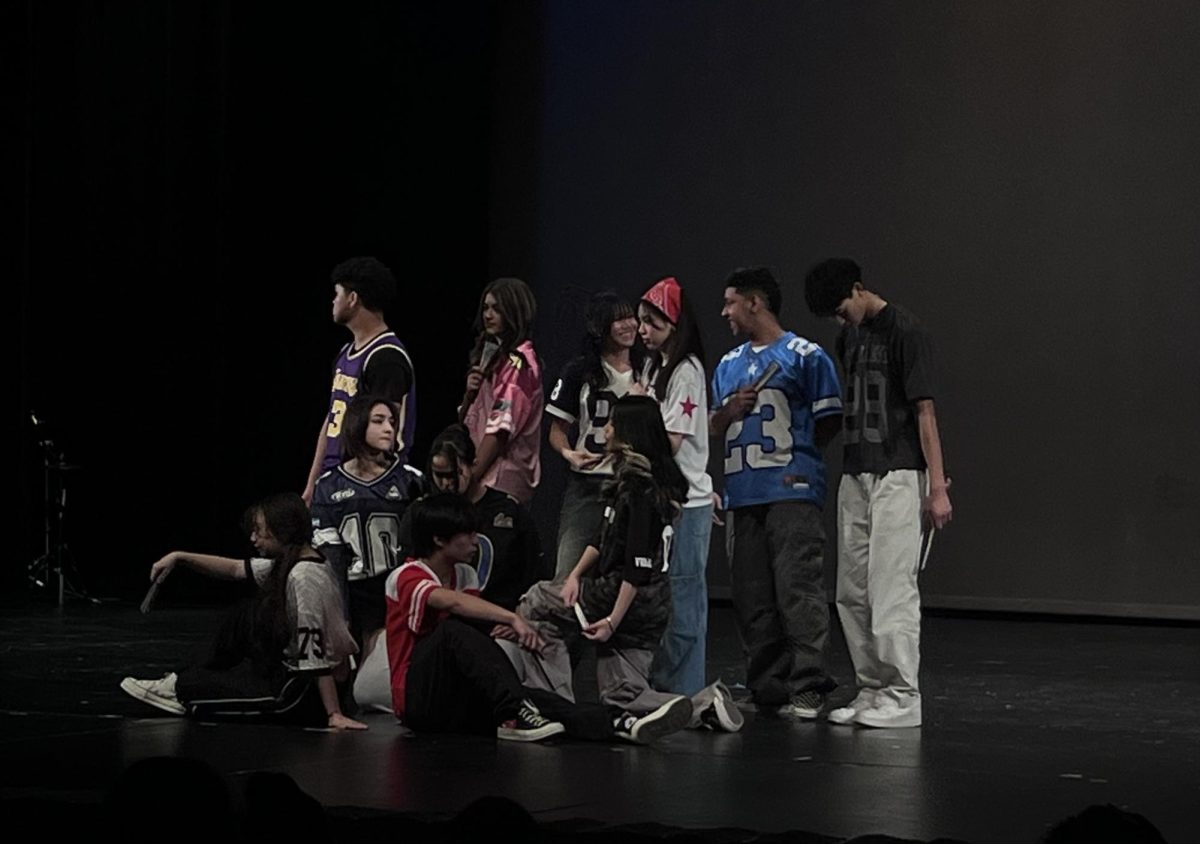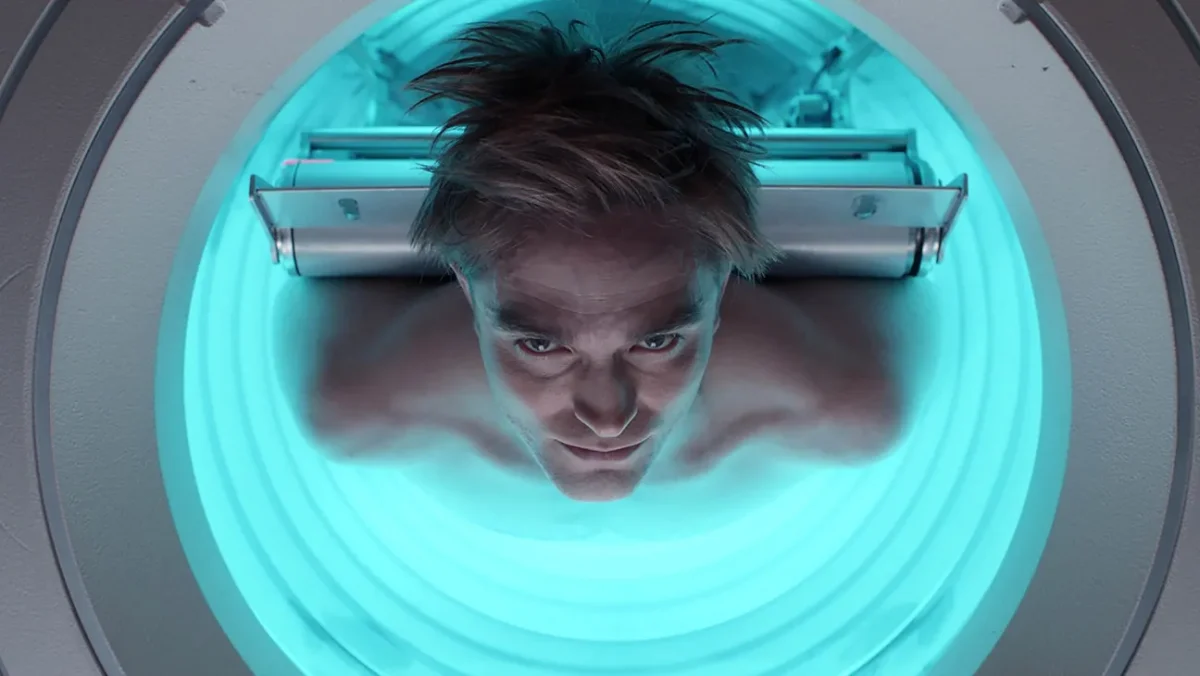The USDA’s Smart Snacks guidelines were implemented by the Utah State Board of Education on July 1, 2014. Smart Snacks was created to make sure students could have a healthy balance in caloric intake. It became a federal requirement for schools and districts to abide by these rules. There are different limitations depending on the age level of the student. (See photo above) These guidelines don’t just apply to school lunches and breakfasts, but to anything sold during school hours. Jordan School District hasn’t been the most responsible when it comes to abiding by these guidelines. School stores like the Mustang Market at Herriman High have been selling items that don’t follow the rules. As of the 2024-25 school year, the district is cracking down. The state decided punishment for those caught would be to strip away the funding for free and reduced lunches. Free and reduced lunches, also known as the School Breakfast Program (SBP) is a sponsor funded program that helps low-income students eat. Tons of students only get the opportunity to eat a good meal when it’s provided by their school. Stripping away the SBP program will result in hundreds of students going hungry. On top of that, the school stores will suffer.
“I think that if someone is in violation, there should be a penalty. However, I don’t think punishing a program that provides free and reduced lunches to a population of students who rely on and need that benefit does not correlate. That should not be the penalty.” Deanna Godsey says. Godsey is in charge of Herriman High’s Mustang Market and believes that enforcing the
Smart Snacks won’t cause students to actually eat healthier. “Students have the opportunity to drive off campus and get a Monster or a candy bar anywhere else.” Godsey is firm in saying it’s safer for students to stay on campus. In agreement, Leslie Brock says “Students are going to go outside school to get snacks, and when they go outside of the school to get them, the chances of having accidents and getting hurt; I would prefer them to stay on campus.” Teachers at Herriman seem to be on the same page when saying students don’t care for these guidelines. Since students have access to grocery stores and gas stations, they will leave if they have the option to. So no matter what, students are still eating what are considered unhealthy snacks.
Kathleen Maag, with the Utah State Board of Education, strives to ensure students have access to healthy meals but also a snack they’d actually enjoy. “The noteworthy part about Smart Snacks is that it generally helps students to make healthier choices.” One fourth of your average intake of calories comes from snacks. Smart Snacks is a guide to making healthy choices. “It’s cool people worry enough about you to create these guidelines.” Maag said when asked how she feels about the program.
With the district enforcing the Smart Snack guidelines, school stores like the Mustang Market will only be able to sell things within the guidelines. As of Monday Sep. 9 2024, the Mustang Market has been in compliance with the guidelines. Everything needs to be in correlation with the dietary guidelines. To try and keep students on campus and excited about the school store, Godsey is promoting a “treat yourself Wednesday”. Wednesdays are the days the Mustang Market can sell items that do not fall under the Smart Snacks. Each school gets ten days per term to sell foods that do not fall under the guidelines. Godsey has chosen Wednesday to be the exemption day for the Mustang Market.
While the enforced guidelines definitely have their positives, they have their negatives too. Whether it be the nutritional values or the benefit of students, it’s important to stay educated. Making sure you eat a good meal is the most important part of the USDA’s goals.












